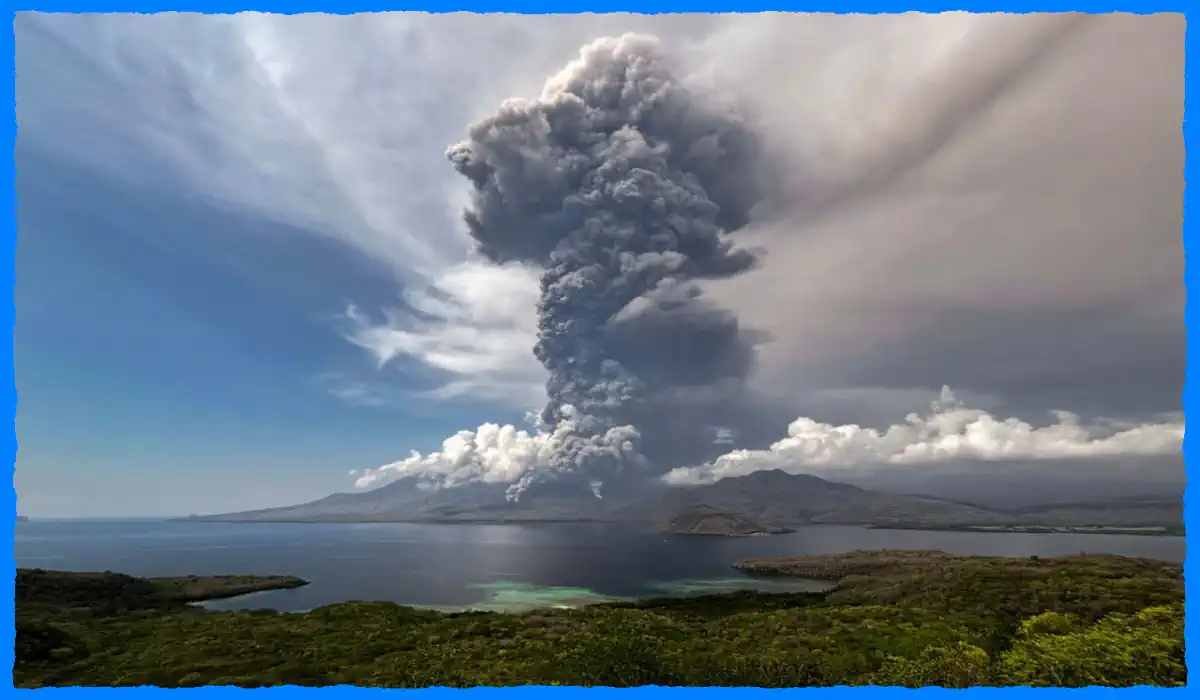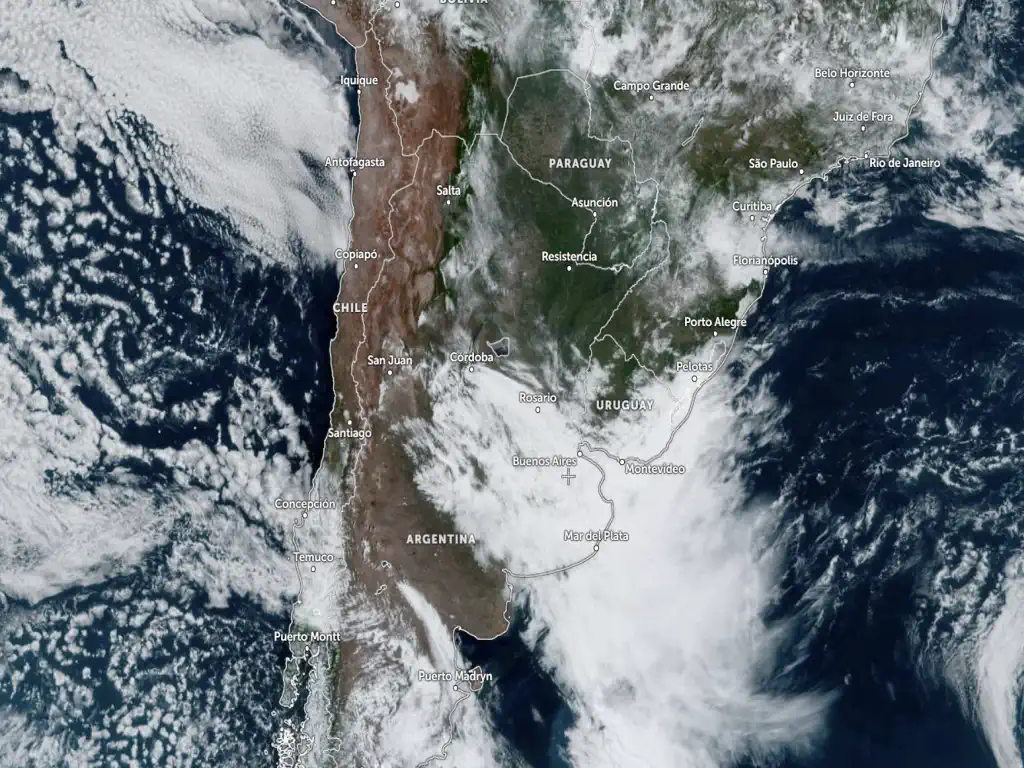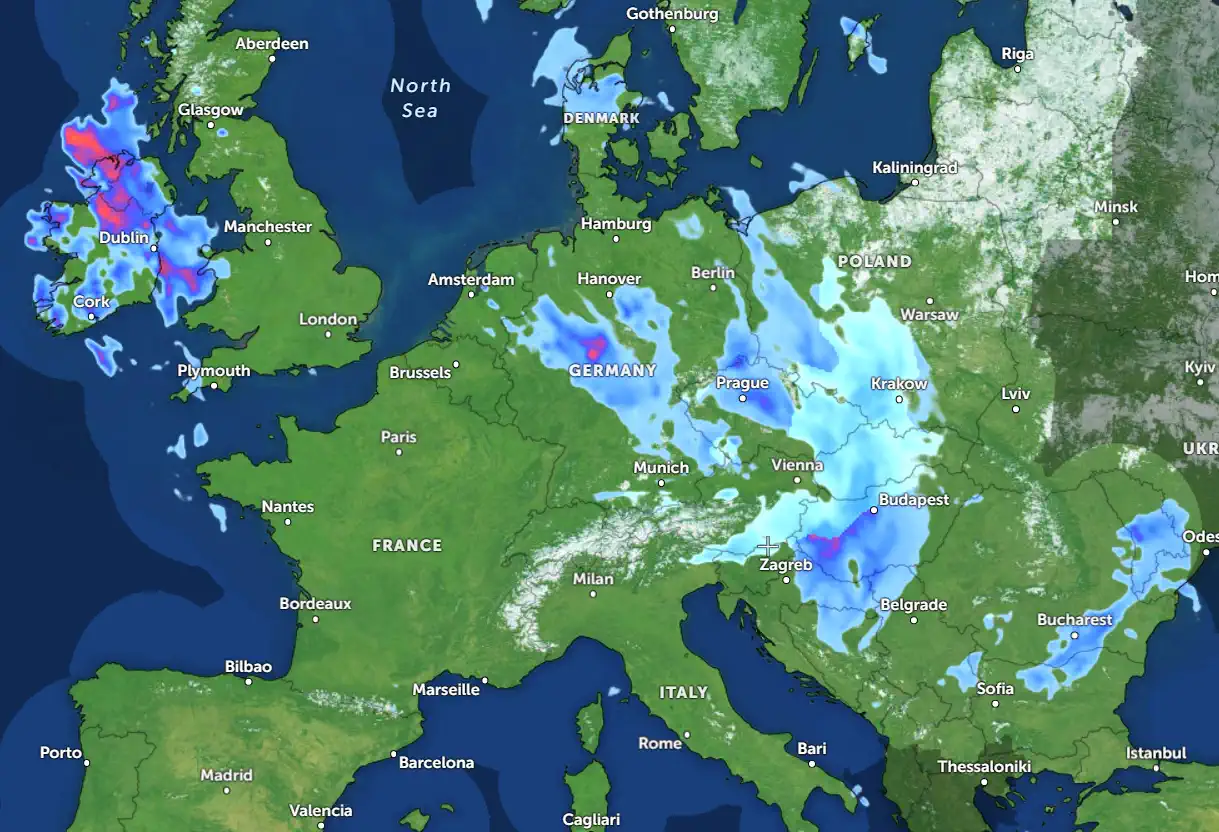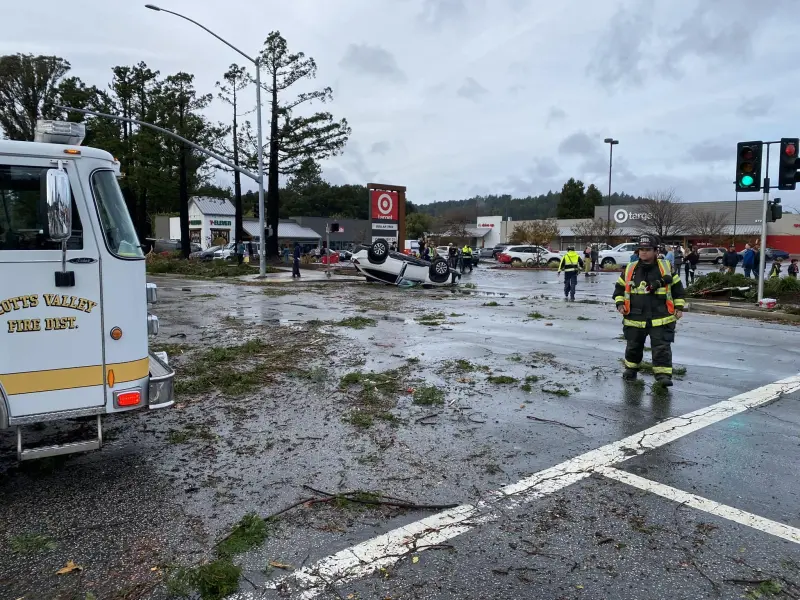Lewotobi Volcano Eruption Disrupts Flights to Bali: Ash Raised to a Height of 9 km

The eruption of Indonesia's Lewotobi volcano on the island of Flores has forced airlines to cancel flights at Bali Airport. Volcanic ash rose to a height of up to 9 km (29,500 ft) on November 12, leading to the cancellation of many flights and causing significant inconvenience to thousands of passengers.
Eruption intensifies
Lewotobi volcano, located in East Nusa Tenggara province, has been actively erupting since November 3, spewing ash and volcanic material. Ash clouds were ejected at least 17 times on November 12, with the highest plume reaching 9 km (5.6 mi) above sea level. Ash emissions were observed up to 8 km (5 mi) from the crater, according to Indonesia's Volcanology and Geological Hazard Mitigation Center.
Exclusion zone expanded
Authorities have expanded the exclusion zone as volcanic material has begun to erupt further, posing a hazard to surrounding areas. The alert level has been raised, and residents are advised to exercise caution near the active zone.
Bali flight cancellations
The eruption caused numerous flight cancellations and delays at Bali I Gusti Ngurah Rai International Airport, where some 84 flights, including 36 departures and 48 arrivals, were affected between November 8 and 12. Unfavourable flying conditions, such as poor visibility and ash, caused significant disruption to air traffic.
On November 13, Virgin Australia cancelled 10 flights to and from Indonesia, citing unsafe conditions due to volcanic activity. Qantas also experienced delays and was forced to reschedule two flights between Australia and Denpasar. Jetstar said flying conditions around the Lewotobi volcano remained unfavourable.
Impact on the local population
The volcano's activity has caused severe destruction: on November 3, more than 2,300 houses were damaged or destroyed, and nine people were killed after lava bombs reached 4 km from the crater. On November 7, Lewotobi's activity intensified, with ash plumes reaching 16.7 km (55,000 ft) in height.
To ensure the safety of residents, the Indonesian government announced plans on November 6 to permanently relocate people living within a 7 km radius of the volcano. Following the latest events, the evacuation zone may be expanded to 8 km.
Founder and chief forecaster of the Pogodnik service. He has many years of experience in the meteorological service. He is the author of numerous scientific publications and popular articles about the weather.




